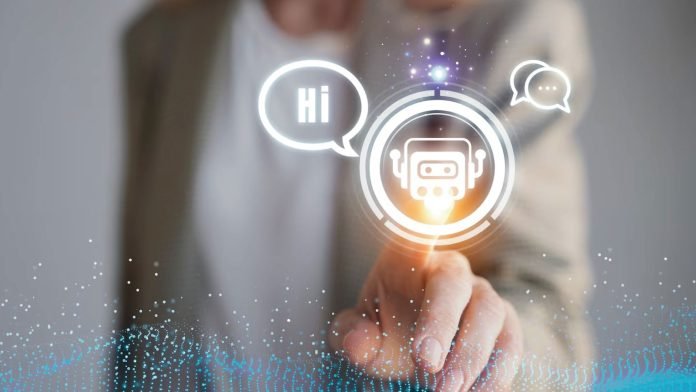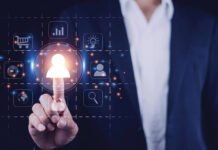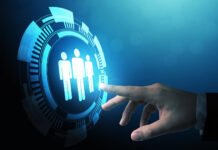Within the constantly changing digital landscape of the present, corporations are continuously searching for innovative solutions to maximize operations and increase efficiency. One aspect of utilization wherein technological developments, particularly within areas of artificial intelligence [AI] and machine learning [ML], are making an enormous contribution is human resources (HR) management. How HR departments are leveraging AI is more than just automation — it transforms employee engagement, recruiting, and decision-making. By adopting AI and ML technologies, HR departments can change current practices, ushering in more efficient recruiting, greater employee engagement, and more informed decision-making.
1. Smarter Recruitment Processes:
AI and ML algorithms are capable of reviewing vast amounts of data from various sources in order to identify trends and predict the potential for success of candidates — an example of the Innovative Applications of AI and Machine Learning in HR. Resume screening is automated by these technologies now, which will screen numerous applications in a moment of time that would have consumed a human recruiter. This not only makes the hiring process faster but also makes the selection more unbiased, demonstrating how HR departments are utilizing AI to eliminate bias and increase efficiency.
2. Personalized Learning and Development
Accurate identification of individual needs and views of employees and line managers is key to their professional growth and strengthening within an organization.AI systems can track performance of individuals, identify skill gaps, and suggest personalized training — answering the question, How Can HR professionals level up their careers using ML and AI? by empowering them with tailored growth paths. By offering targeted learning opportunities, HR can empower employees to upskill and stay competitive in the dynamic job market.
3. Data-Driven Decision Making
HR decisions are generally experience-based and intuition-based, and this type of strategy may not always be successful. AI and ML enable HR professionals to make evidence-based decisions. Predictive analytics can forecast future workforce patterns, such as attrition or talent shortages, and utilize AI and machine learning applications to enhance HR decision-making to look forward to challenges in the future. With this, employee satisfaction can be measured by sentiment analysis software too — a peak into the kind of future for HR that’s driven by AI, through improved workplace morale every day through insights. This will help with intervention early on in enhancing workplace positivity and retention.
4. Enhanced Employee Experience
Employee experience comprises all the contacts a person has with their employer, from recruitment to retirement. AI-driven chatbots and virtual assistants enable improving the employee experience by providing instant support, further highlighting the Innovative Applications of AI and Machine Learning in HR for real-time employee engagement. Such AI-powered interfaces give 24/7 support, thus increasing accessibility and showcasing how AI will shape HR in the future. with always-on assistance for employees.
5. Mitigating Bias and Promoting Diversity: Costs are doubling
Unconscious biases unintentionally influence HR decisions and create disparity in the hiring, promotion, and performance review process. AI and ML-based algorithms can reduce bias by de-identifying candidate data and considering only the pertinent qualifications and skills. On top of this, the technologies are also capable of highlighting gaps in diversity in an organization, and along with this, they are capable of offering advice on improving inclusivity and equity in the recruitment and talent management practices.
Conclusion
AI and ML technologies allow us to redesign HR operations in a revolutionary manner and create successful organizations. Human resources departments can use these technological innovations to improve automation and workforce optimization to maintain leadership in today’s competitive market. To benefit from trust and credibility within the organization, we must strategically approach these technologies to maintain ethical concerns and transparency levels.The development of artificial intelligence will lead to its use in the HR functions and future work, and this will create wiser and smarter organizations that are poised to do well in the new digital era.












